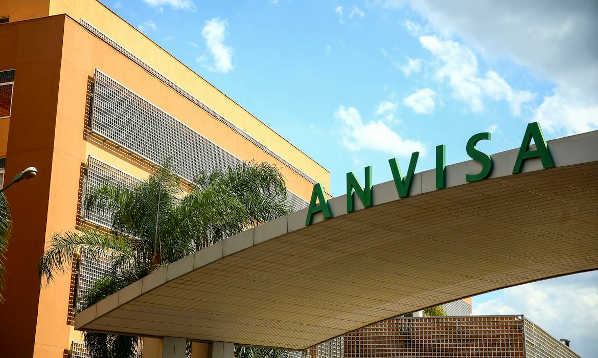Title: “ANVISA’s Crucial Role in Ensuring Medical Device Safety”
Introduction:
The safe and effective use of medical devices is of utmost importance in the healthcare industry. In Brazil, the Agência Nacional de Vigilância Sanitária (ANVISA) plays a pivotal role in ensuring that medical devices meet stringent standards and are safe for patients and healthcare professionals. In this blog post, we will delve into the responsibilities and functions of ANVISA regarding medical devices.
Regulatory Oversight:
ANVISA is the Brazilian Health Regulatory Agency responsible for regulating and supervising medical devices within the country. Its primary mission is to protect public health by ensuring that medical devices meet the highest standards of safety and efficacy. To fulfill this mission, ANVISA establishes and enforces regulations, guidelines, and requirements for the registration, certification, and post-market surveillance of medical devices.
Device Registration and Approval:
One of ANVISA’s key responsibilities is the registration and approval of medical devices before they can be legally marketed and used in Brazil. Manufacturers must submit comprehensive documentation and data to demonstrate the safety, quality, and performance of their devices. ANVISA meticulously reviews this information to ensure compliance with national regulations and international standards.
Quality Control and Inspections:
ANVISA conducts inspections of medical device manufacturing facilities to assess compliance with Good Manufacturing Practices (GMP) and other quality control standards. These inspections are critical in maintaining the integrity of the medical device supply chain and ensuring the consistent production of safe and effective devices.
Post-Market Surveillance:
ANVISA continues to monitor medical devices even after they are in the market. This includes tracking adverse events, conducting product recalls if necessary, and ensuring that devices continue to meet safety and performance standards throughout their lifecycle. The agency takes swift action in response to safety concerns to protect patients.
Collaboration and International Standards:
ANVISA collaborates with international regulatory bodies and organizations to align Brazilian regulations with global best practices. This ensures that medical devices developed and certified in other countries can be more easily registered and approved in Brazil, facilitating market access and innovation.
Consumer and Healthcare Provider Education:
ANVISA is committed to educating consumers and healthcare providers about medical devices. It provides valuable information about the proper use, maintenance, and disposal of medical devices to enhance patient safety and promote responsible device usage.
Conclusion:
ANVISA’s role in ensuring the safety and efficacy of medical devices cannot be overstated. The agency’s dedication to regulating, monitoring, and educating stakeholders in the healthcare sector contributes to the delivery of high-quality healthcare services in Brazil. By fulfilling its responsibilities with diligence and transparency, ANVISA helps safeguard public health and supports the growth of the medical device industry in the country.

